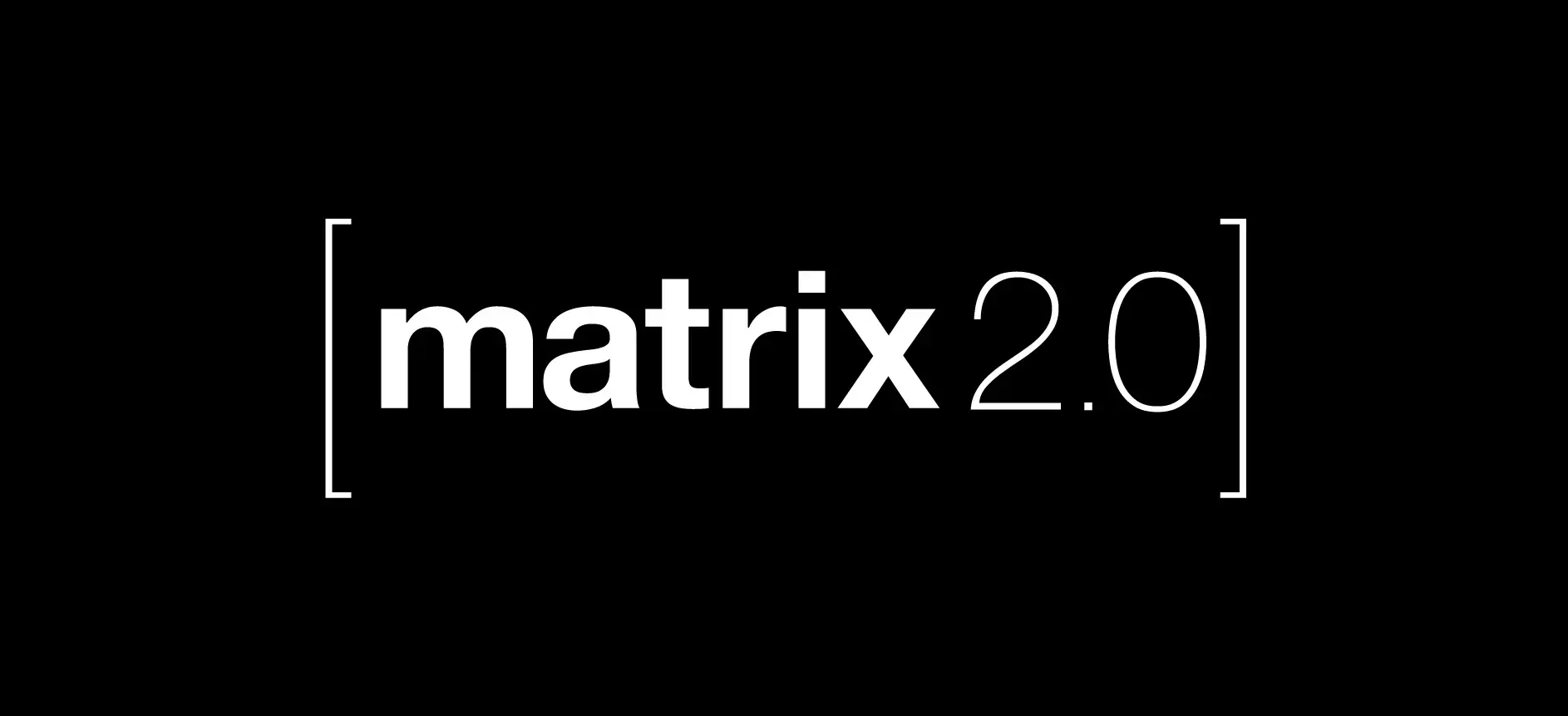- cross-posted to:
- [email protected]
- cross-posted to:
- [email protected]
Highlights include Sliding Sync (instant login/launch/sync), Native OIDC (industry-standard authentication), Native Group VoIP (end-to-end encrypted large-scale voice & video conferencing) and Faster Joins (lazy-loading room state when your server joins a room).



The only bad thing about this is that we’ve been at it for 10 years. If you’ve been following Matrix long enough, you’ve witnessed “the next big thing that will solve all problems” being promised every year. Matrix funding relies on hype, and I’m somewhat ok with that, so long as users and hosts are not taken hostage of empty promises. My first hand experience of Matrix X is that we are still far from what’s being advertised.
edit: adding a missing word “thing”
I really don’t get this attitude. It’s not like global decentralized instant messaging with all the usability, bells and whistles of centralized services is an easy problem to solve. And no one is selling anything, not to regular users at least. If you thought that this would be a straight forward path to a finished product then idk what to tell you, that’s not how this works.
Yup, absolutely, and being in this space myself as an enthusiast, that’s an interesting problem to see being worked on and having significant brain power allocated to, though that doesn’t remove anything from the fact that
…is precisely what Matrix developers are advertising Matrix to be, and actively marketing it to be. You can go on hackernews right now and observe Arathorn telling everyone that everything is fine and solved now, even when shown evidence that it is not, like he has done since the beginning.
I believe people should know what they are engaging with.
Idk what stuff you’re reading, but every dev talk I’ve seen includes many acknowledgments of the shortcomings that still exist and the difficulty of the underlying problems. I never had the impression that they’re trying to sell a silver bullet that’ll fix everything once and for all. It’s mostly just incremental changes here and there that fix or improve certain parts of the system, and with that a steady progress towards the goal.
I wouldn’t give too much on the speculations and opinions of any one person, even if he’s the Matrix project lead. Probably especially the project lead, because part of his job is being optimistic about changes so they actually happen. But this is still mostly uncharted territory, and all anyone can do is make best effort attempts to improve things bit by bit. And from what I’ve seen he also openly talks about issues and the limits of coming changes, so perhaps you just read too much into his more optimistic posts and comments?
Personally I’m just excited for new developments, but also aware that any change has to prove itself in the field before it can be declared a solution for anything.
Yep, I think that’s a very peculiar aspect of Matrix, about how it’s run and why I have such a hard time trusting and recommending it. It’s uncommon for opensource projects (especially “essential” ones) that adoption and fame must precede stabilization, as a condition to get to keep the cashflow and the lights on.
I don’t think Matrix, starting up on venture capital, with an original but completely unproven idea, downplaying alternatives with FUD and superlative marketing, over-promising and constantly deflecting, was good community building.
Had they kept a lower profile and not an antagonizing one, they could probably have built and integrated better with the other communities in this space (and I’m not just talking about XMPP, which was on the receiving end of the FUD, but also about libera.chat whose OPs are right to be fed-up with NV).
Arathorn, 2023-09-23:
I don’t know any admin who considers federation problems to be solved, and I don’t think Matrix 2.0 to be ready for the general public, so I call this denial, but heh, this is subjective :)